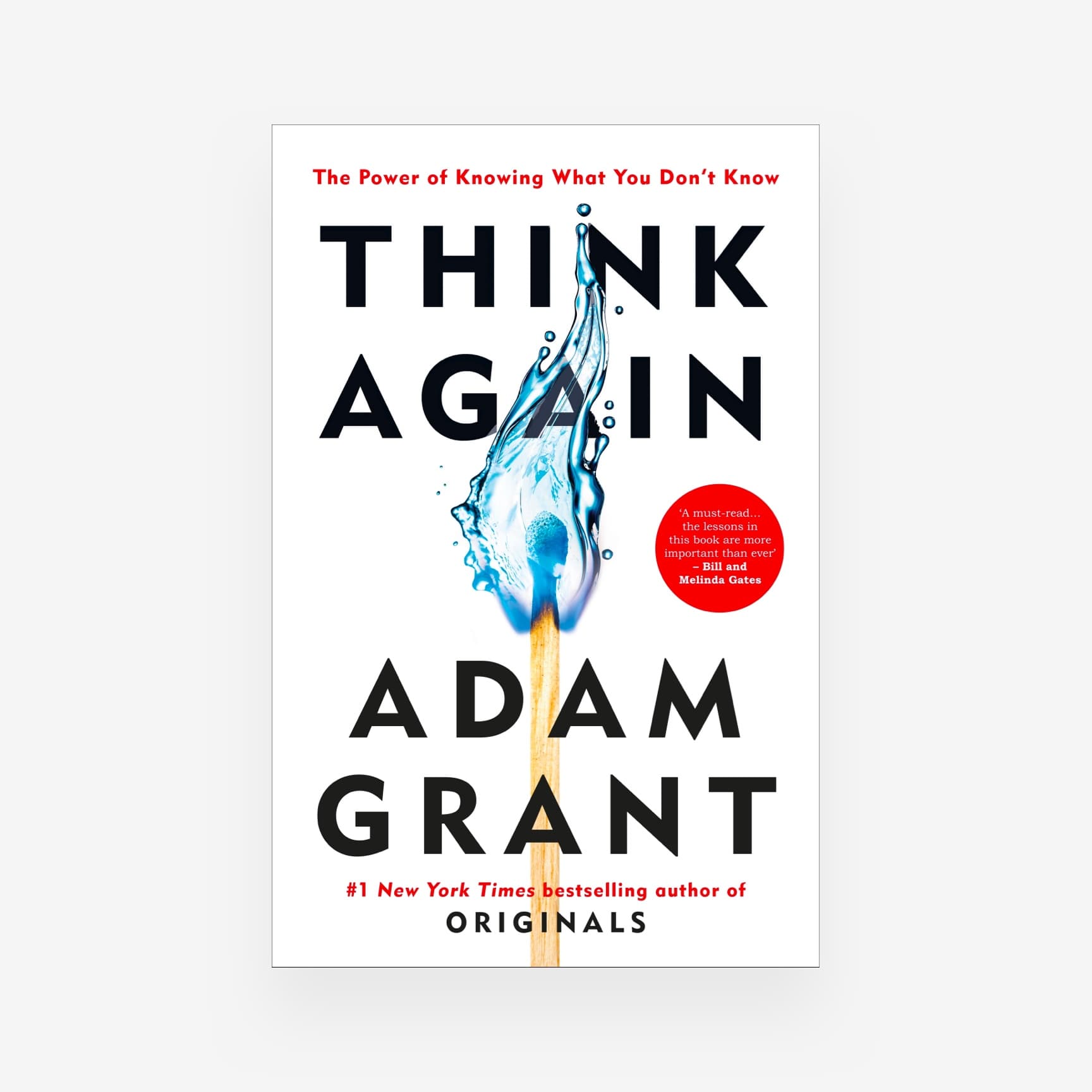There are a lot of tips we can learn from Bezos’s business success.
As Jeff Bezos leaves the CEO role, he leaves valuable principles that are deemed helpful to any ambitious entrepreneur set on conquering the business landscape.
Amazon wasn't as globe-straddling leviathan before as it was now. As a matter of fact, several years back, Amazon faced numerous bumps and stumbles in its beginning years as any startup would do. The founder himself has shown how relentless he has been in pursuit of establishing one of the biggest enterprises in the 21st century. This seems to be a fitting description of his perseverance given that he first named Amazon to Relentless.com but later changed it.

For entrepreneurs and business owners alike, sometimes, learning lessons through 2nd-hand experiences is helpful. This simply means looking at another person's adversities and making sure to prevent the mistakes they did.
1. Don't fear the competitors.
One time, Bezos told his team to fear not their competitors, because, at the end of the day, they can't generate money for them. Rather, be afraid of customers as they are the ones who have the money. To put it in another way, place your worry where it truly matters.
2. Value should exceed all the costs.
Before, e-commerce isn't as popular as today. Ordering through an online platform was a dreadful idea for both buyers and sellers. There are only a small fraction of households who own a computer, not everyone has unlimited internet access, and the website's responsive design was bad.
If you are to persuade someone to purchase a computer and invest in a faster internet connection, then convince them to buy, make an offer that isn't available anywhere else. For example, limitless selection, sales and promos, and low-prices items from time to time.
3. Look for the right opportunity.
Bezos chose to establish a business in the internet industry first and not in the book. When he worked with an investment firm in New York City, he heard that internet usage was increasing at 2,300 percent a year. However, this was incorrect. The rate was 230,000 percent, which is much higher.
He may not be fond of books, but he thought that books might be the best bet to maximize the growing popularity of the internet. In 1994, Amazon was launched and the availability of books was unlimited. Shipping books seemed easy, to begin with, and costs less expensive. Afterward, everything just made sense.
4. Hire sensibly.
Amazon faced its first major lawsuit from Barnes & Noble for the former's claim that they were the world's largest bookstore when in fact, Amazon was a book broker. The lawsuit was settled in 1997. In the following year, unfortunately, Walmart sued Amazon on the grounds that the latter stole trade secrets. Even though this ended in a settlement, Amazon raised the internal regulation regarding the reassignment and hiring of Walmart executives.
5. Treat your employees right.
No popular and major corporation obtained its success without a lot of controversies to face. There were a few allegations regarding low-quality working conditions, most especially in their warehouses. Furthermore, media reports show that a warehouse in Pennsylvania left its workers to faint and suffer from dehydration due to 100 degrees heat.
6. Listen to critics— but not too often.
People with ambitions know that the part towards their goal isn't smooth and requires a tough heart to get through a lot of criticisms. It is not your responsibility to correct others’ impressions of you. There are times where you have to decide if your energy is worthy to spend on unnecessary and petty arguments. However, know how to discern if the critique is correct and should be improved. After all, we are all humans bound to be blinded by our behavior and decisions.
7. Be proactive.
Amazon was mostly founded with Bezos' strict business moral which is to be proactive in every decision you make to minimize regrets in the end. This jargon-heavy was the key to the success of his Internet business. The risks he took were not merely made out of impulsive decisions but were shaped by what he observed from business forecasts. It was evident how attentive he was throughout the decisions he made for Amazon.
A business, regardless of its size, is both a work in progress and a living entity. However, if you are flexible from the mistakes of company giants like Amazon, rising from the top might be a bit seamless and with fewer controversies.






















